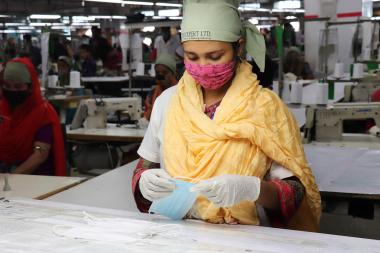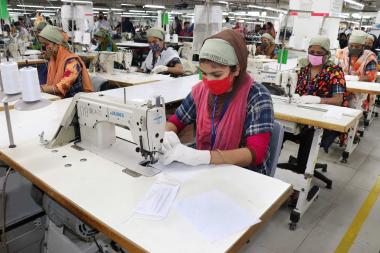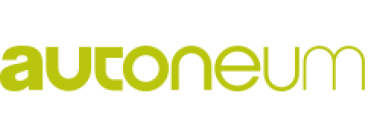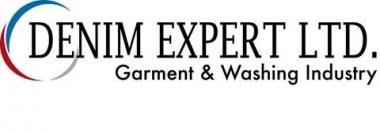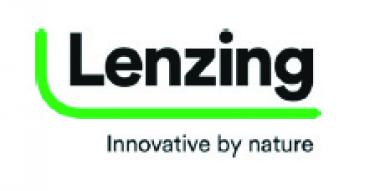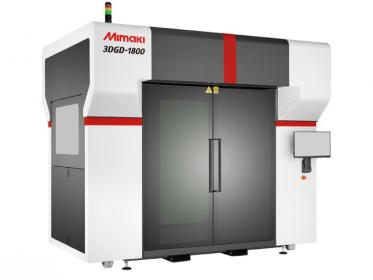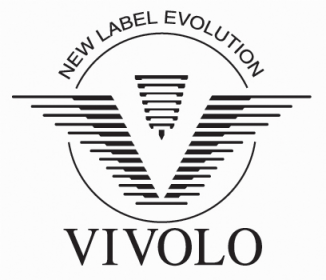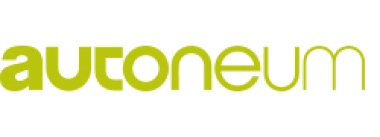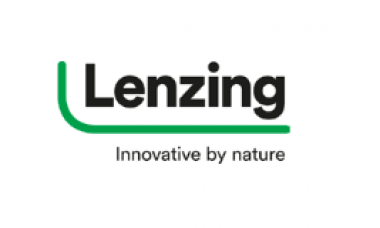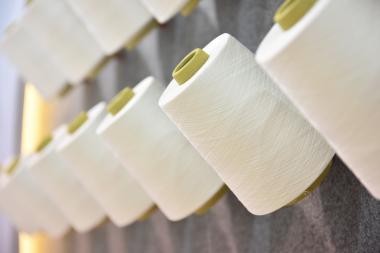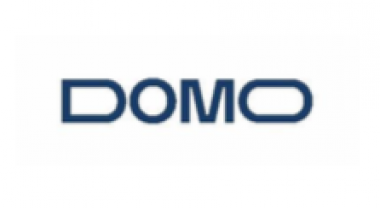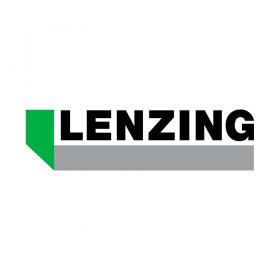Denim Expert Ltd are producing facing mask for safety issue
- Bangladeshi supplier offers production capacity to produce face masks and PPE on a non-profit basis
- Reaching out to global agencies to build partnerships to help tackle COVID-19 crisis
- “Now is the time for our whole industry to stand together”
A leading Bangladeshi garment manufacturer is offering the manufacturing capacity of his world-class facility for the production of protective face masks and Personal Protective Equipment (PPE) on a non-profit basis to help tackle the COVID-19 global pandemic.
Denim Expert Limited Managing Director, Mostafiz Uddin, has reached out to the global community including brands & retailers, governments, embassies, donors, development agencies, global apparel associations and bodies in these unprecedented times.
Mr. Uddin is offering the capacity, skills and production expertise of his factory and wants to develop partnerships to meet much-needed short-term demand for masks and PPE in the battle against COVID-19.
Those willing to partner with him and wishing to utilize his production capacity would only be asked to provide fabrics and raw materials as well as meeting workers’ wages.


